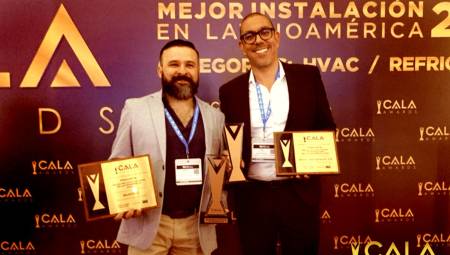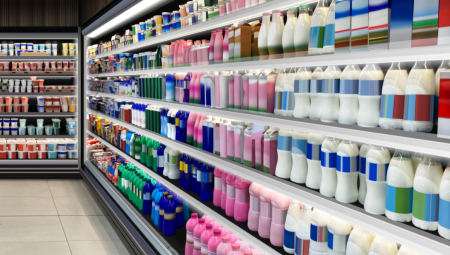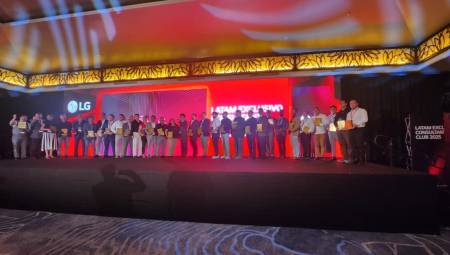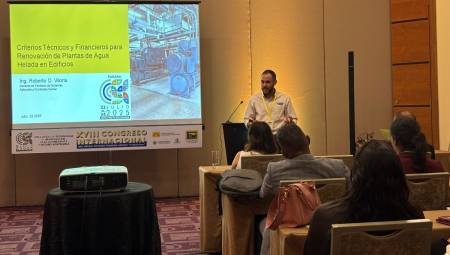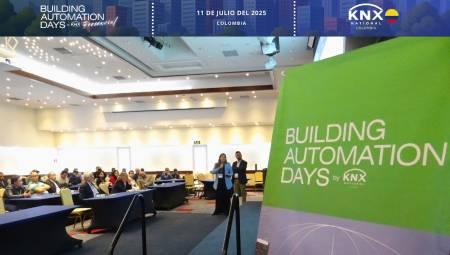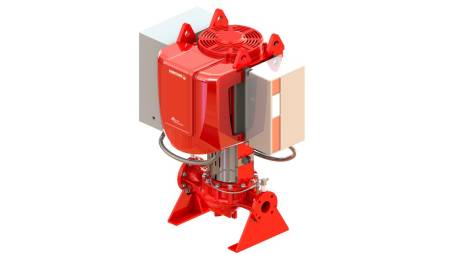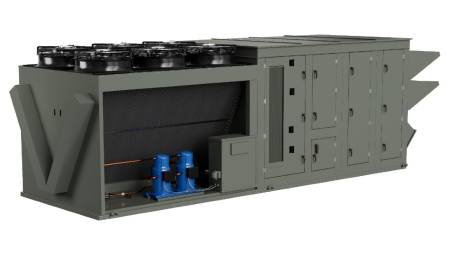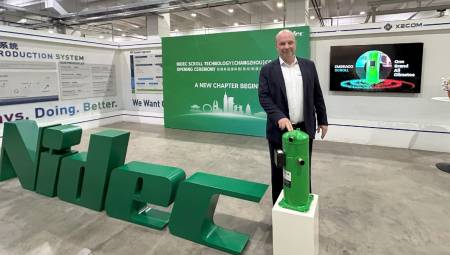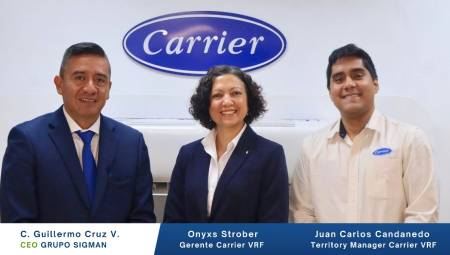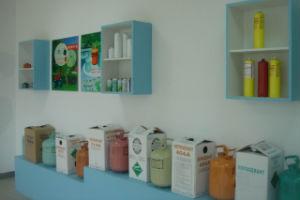 The commercialization of refrigerant gases made from mixtures not suitable for CVACR equipment is a phenomenon that is still latent in Latin America. Colombia has the most alarming case in the region.
The commercialization of refrigerant gases made from mixtures not suitable for CVACR equipment is a phenomenon that is still latent in Latin America. Colombia has the most alarming case in the region.
by Vanesa Restrepo
The cold industry in Colombia is alarmed by a recent phenomenon that is affecting the entire market. It is the commercialization of adulterated or counterfeit refrigerant gases, which reach the market as if they were recognized products: cans in perfect condition, labels with printing identical to that used by the most recognized brands around the world, but contents different from those recommended.
The issue is of such magnitude that local manufacturers and distributors have chosen to carry out awareness campaigns among installers and retailers, so that they learn to identify suspicious elements and so that they know what to do in case they encounter counterfeit products.
Even the national authorities, at the head of the Ozone Technical Unit, UTO, attached to the Ministry of Environment, Housing and Territorial Development; in the company of the Directorate of National Taxes and Customs, controls for the import of these products have been increased and several batches of products with content not suitable for use in refrigeration and air conditioning equipment have been seized.
But the problem is not new, much less exclusive to Colombians. Since 2008, companies such as Honeywell and DuPont have issued alerts around the world warning about the presence of gases with adulterated contents, packaged in packaging identical or very similar to those of their most recognized brands.
In July 2009, for example, Pascal Faidy, DuPont Fluorochemicals Refrigerants' business manager for Europe, Africa and the Middle East, warned that several units of R22 and R134a whose content was different and potentially dangerous had been detected on the market.
Already in March 2011 Honeywell, headed by Paul Sanders, manager of the Fluoride Directorate, reported on the counterfeiting of its Genetron 134a product in the United States. Apparently, a product was being marketed with packaging similar to that of the multinational, but whose content was a cocktail of components that aims to give the same performance of refrigeration, but that finally generated health risk for users.
A problem with few voices
In Latin America, the treatment of the issue is still very brief, despite the fact that several countries have already stated that they are clear about the situation.
In Argentina, for example, there have been no recent cases of gas falsification, as explained by engineer Roberto Aguiló, a member of ASHRAE. The executive points out that in the country there were falsifications of halogenated gases, but assures that it was never in significant quantities and that they were always isolated cases. "R134s were found mixed with some fuel elements, but that was a while ago. It's nothing recent," he said.
Meanwhile, in Uruguay, prevention actions have been carried out against this phenomenon. However, Roberto Marvid, of the Ozone Unit of the Ministry of Housing, Territorial Planning and Environment of that country reported that there are no recent records of counterfeiting.
He added that recently the country's customs personnel received special training for the detection of adulterated gases, thanks to which this criminal phenomenon has been controlled almost entirely.
Among gas manufacturing companies, there are many reservations about the reality of this phenomenon. The statements, on the other hand, are oriented more to the prevention and information part. Such is the case of DuPont that recently took the references of several of its distributors to present them as a guide to what should be done in these cases.
"The market has been reached by refrigerant fluids of dubious origin, which because they are generally cheaper, end up conquering space in the market. These products, however, lack adequate technical specifications and cause everything from economic damage to companies to damage to the environment," the company said in the statement sent to its distributor base.
Among the recommendations established by the manufacturer to ensure that a safe fluid is acquired, the following stand out:
* Certify that the product is suitable for the application you intend to perform. Check on the sign:
- Name or brand.
- Origin (domestic or imported).
- Features.
- Composition.
- Company name, address, telephone number and tax identification (NIT, CUIT, ID) of the manufacturer; lot number and liquid weight
* Check for breakdowns and emptying of the cylinders and/or damage to the seal and labels.
* Try to choose suitable and traditional suppliers in the market, and require the documentation corresponding to the product purchased.
Several manufacturers have stated that today it is common to receive complaints from customers regarding alleged defects found in refrigerant fluid recovery machines. "As we have in our portfolio a team that evaluates the quality and composition of the refrigerant fluid, when we found that the problem was generated by the poor quality of the fluids used, and this almost always happens, we suspended the factory guarantee given to our products," says André Eduardo Oliveira, equipment distributor in Brazil. "As long as we do not have an audit that is efficient in relation to the entry of refrigerant fluids, we will not be able to reverse this situation and the entire market will be exposed to enormous damages," the official adds in statements to DuPont.
Other phenomena
In addition to the counterfeiting of refrigerants in Latin America, there is a much more recent phenomenon that is attracting the attention of Argentine authorities and businessmen. These are the unusual increases in the price of R-404 refrigerant, as a result of a lack of supply of the product.
"We are paying a higher price. The demand is greater than the supply and Argentina industrially uses a lot of 404," explained engineer Roberto Aguiló, new president of ASHRAE. He added that the phenomenon has been occurring since March and that there have already been cases such as a supermarket in the north of the country that needed to recharge one of the equipment, but did not find available refrigerant. "It took them three days to find the product and be able to install it," he said.
However, it is expected that the situation will be regulated in the coming days with new imports and thus return to the levels it presented in October last year, when the base price of gas was similar to that of Colombia, Uruguay and Brazil.
Note: ACR LATINOAMÉRICA consulted the technicians of the Technical Ozone Unit of Colombia to establish the current scope of the problems of that region, but at the close of this edition no response was obtained.


